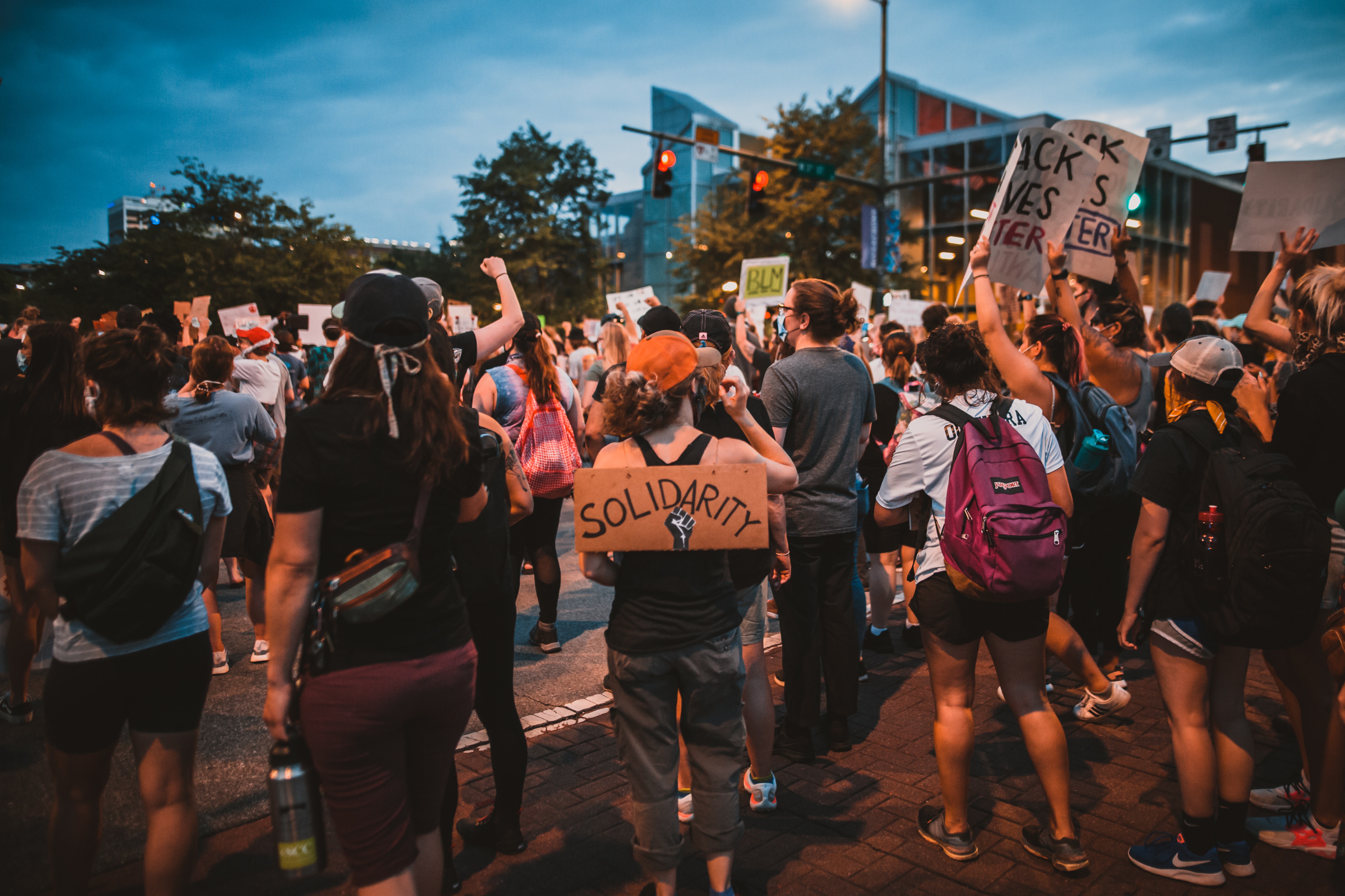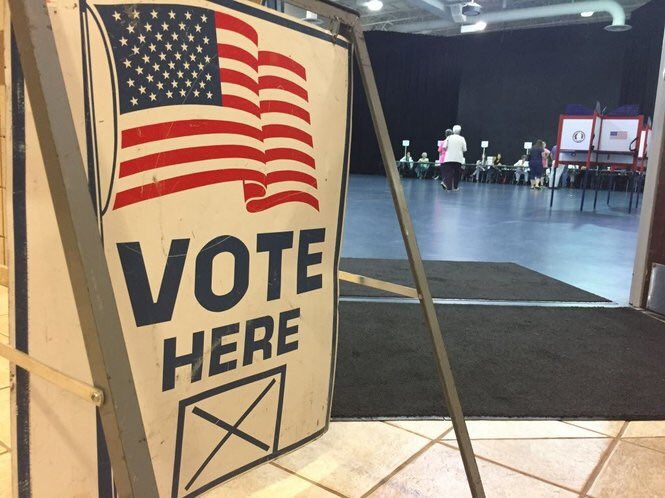Data recently released by Pew Research Center on the National Survey of Latinos reveals that most Hispanic/Latino adults (62%) living in the United States stated that their dark skin is a factor that fosters daily discrimination in the country, and these circumstances prevent them from progressing to more comfortable material life. On the other hand, to Latino adults (59%), having a lighter skin color contributes to the increase in the possibility of achieving progress in the country.
The researchers indicate that "the impact of skin color on the lives of U.S. Latinos is wide-ranging. From impacting their ability to progress in the country to shaping their daily life experiences and dealing with discrimination, skin color is seen by Latinos as an important factor affecting their lives and life chances."
The survey includes a self-rated measure of skin color as one of four measures of racial identity. The study used a version of the Yadon-Ostfeld 10-point skin color scale, in which 1 represents the lightest skin color and 10 the darkest. Survey participants were asked to select the color that was closest to their own, even if none of them were exactly right.
Answers were mostly divided into lighter skin colors. Eight out of ten Hispanics selected one of the four lightest skin colors, with the second lightest in the ranking (28%), followed by the third (21%) and fourth lightest colors (17%). In contrast, 15% of Hispanic respondents selected one of the six darkest skin colors, and only 3% selected one of the four darkest skin colors (7-10). For this report, those who indicated that their skin color is between 1 and 4 are identified as lighter skin color, while those who indicated their skin color is between 5 and 10 are identified as darker skin color.
Some of the experiences of discrimination reported, which most frequently affect Latinos considered to be dark-skinned, happen when they are not treated as if they were not intelligent. Additionally, they are criticized for speaking Spanish. Most of them hear that they should return to their country of origin when they are unjustly subjected to police searches and even when offensive names are shouted at them.
Also, according to the survey, "colorism is present in the United States and similarly impacted the lives of Hispanics, blacks and Asian Americans, coexisting with racial discrimination. Moreover, it is similarly linked to a series of results. For example, racism can affect both lighter-skinned and darker-skinned Hispanics, but darker-skinned Hispanics may experience more discrimination."
There are several historical, political, economic, and cultural factors from which these experiences of discrimination originate, and the conflicting perceptions and opinions about skin color and "race" are eventually linked to these situations.
The complete survey is available
here.
 Pexels/kellymlacy
Pexels/kellymlacy











